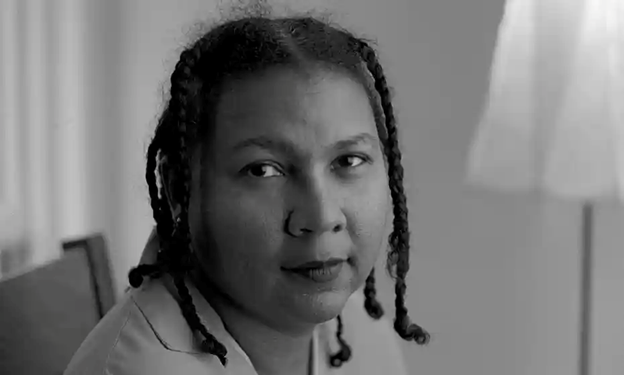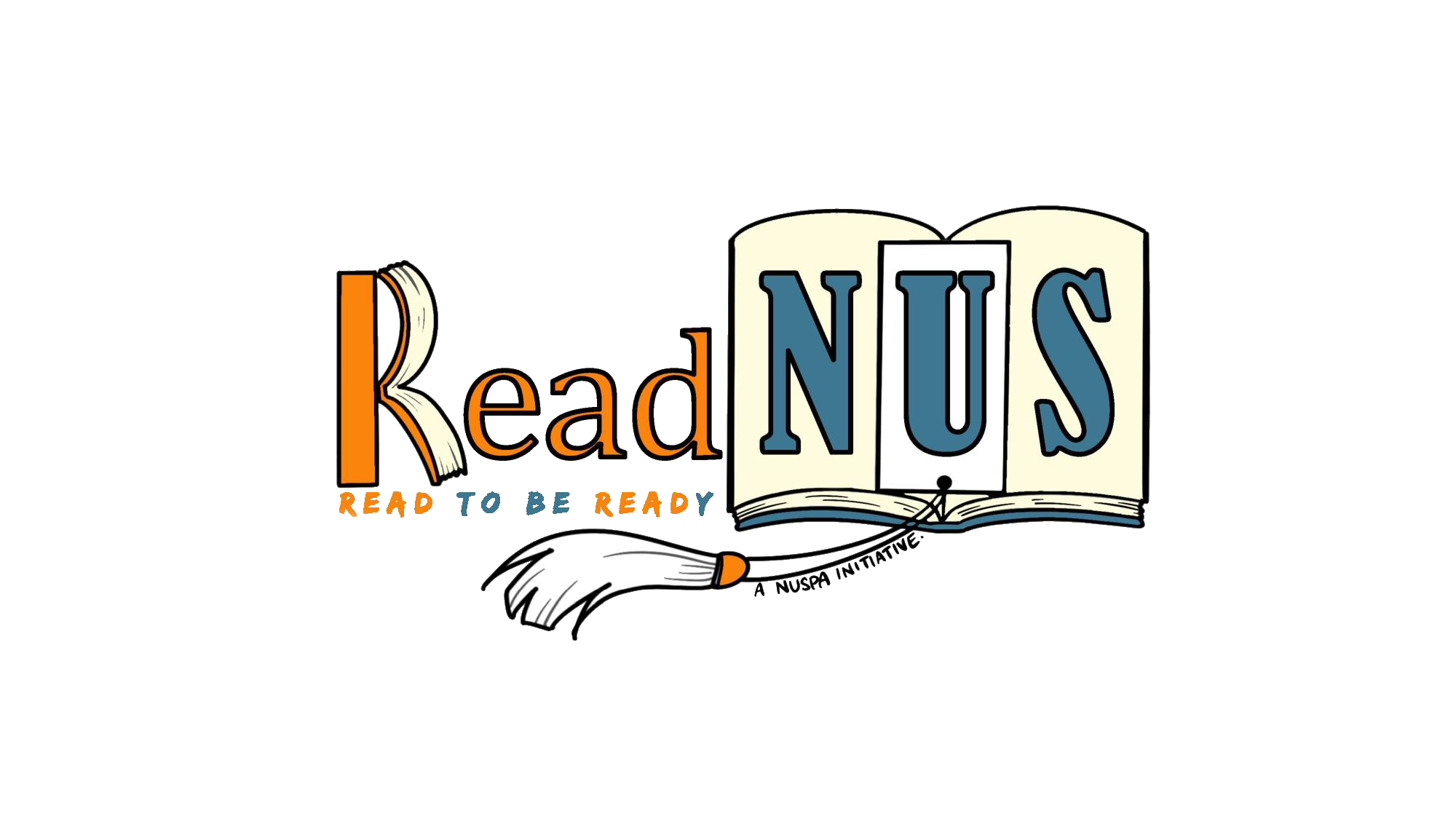All About Love
To knowing, finding and receiving love

In commemoration of the late author, feminist, professor, and activist bell hooks (born Bell Hooks), as well as to celebrate the month known for love, I read All About Love.
In her writing, hooks expresses some universal truths that we may find solace in — that we search and long to be loved and to love. We search for it in familial bonds, friendships, relationships, and every day.
She contrasts the human experience of yearning to be loved and love deeply with the general, pervading tone of cynicism and fatigue regarding the hopelessness of such a desire, especially among those who have heard of elders’ and peers’ bad experiences with the subject.
All is not lost though, hooks suggests how we can return to love. She identifies what she observes to be the fundamental barrier between us and the kind of love we wish to experience – “how little we know of love in both theory and practice.”
She defines, or redefines, love as “the will to extend one’s self for the purpose of nurturing one’s own or another’s spiritual growth” – with spiritual referring to the mind, body and human essence.
This definition surprised me slightly. Personally I always thought of love as the warmth, comfort and safety. I always saw growth as an activity we had to do independently, outside of love, to earn love. As a child I received validation and love when I excelled in learning and growing alone. hooks’s definition of growth as a process that loved ones are to support you through gave me a new perspective – that love is not the reward you get after growth, love should be the support present while you grow. This definition, I foresee, will leave a lasting impression, as I no longer think that love has to be consistently and constantly sought with each new achievement. It taught me that, even when I am in the process of growing, I am worthy of love.
Why You Should Read It Too 🙂
At some point of our lives we will love. We will love our parents, siblings, friends, partners, and / or pets. All About Love not only shares with its readers hooks’s experiences and sentiments we may relate to, it also attempts to teach us how to love more intentionally and meaningfully. I strongly believe that, as seekers and recipients of love, we have much to benefit from reading this book.
Extending on her definition of love, she explains that it is a mixture of ‘care, affection, recognition, respect, commitment, and trust, as well as honest and open communication.’ She goes even further to assert that love is not merely the ‘good feelings’ we associate love with in our early childhood — this I found interesting. Personally, prior to reading her book, I had always associated love with good feelings — praise, joyful moments and rewards. But hooks argues that this association of love with such experiences prevents us from getting to a deeper emotional understanding.
Love then, according to hooks, is about growth and effort, but more importantly, love is actions and choice. Rather than understanding love as being present only in fleeting moments of joy (the good feeling we associate love with), hooks’s definition allows us to see love as an ever-present force that we choose to maintain. This was both comforting and enlightening for me. In childhood, teenagehood and even as I’m navigating my early twenties, I often wondered if ‘feelings,’ as vague, fleeting and uncertain as they are, were enough to sustain love between people. I worried that if love was based on feeling, something out of our control, then love would fade, slip out of our hearts, quietly and unnoticed. I did not like imagining that one day I would no longer have love that I have had for my best friends, or anyone else. hooks reassures us that this is not the case.
Rather, love is a chosen act. It is an intentional expression. hooks gives an example of love’s presence in its simplest form — “when family treated you like you mattered and you treated them like they mattered.”
Another lesson I learnt that I found illuminating was that “simply caring does not mean we are loving.” hooks writes that often in childhood, we are told that our parents’ acts of caring for us is equivalent to love. She specifically writes about physical and verbal abuse and how these are often disguised as acts of care. Abuse cannot be understood as love, hooks argues. Growing up we often hear stories or first-hand experience harsh treatment that we are then told to perceive as love. hooks encourages her readers to move away from this association, in order to engage in affection that is not characterised by physical or verbal abuse in the future, especially in the case of parent-child relations.
Final thoughts
All About Love was most definitely an eye-opening read. It provided solace, reassurance as well as lessons that readers might want to apply to their own journeys to be better givers and recipients of love. In helping readers better understand our childhoods, it gives us the stepping stone to healing and putting in the inner work to be better people. hooks also sheds light upon the challenges we all face in our pursuits of romantic, platonic and familial love, evoking compassion and understanding for our fellow love-seekers.
Overall, All About Love has deepened my understanding of the different types of love. Having read it, I feel motivated to love in healthier manners and be more intentional. To end off, I would like to share my favourite quote from the book — “The light of love is always in us, no matter how cold the flame”, suggesting that despite the general air of hopelessness and cynicism hooks observed, it is still entirely possible for us to find and return to healthy love as it is innate and just has to be nurtured. I believe that the lessons in this book will provide exactly the stepping stones to help us do just that.
By: Nicole Ng
